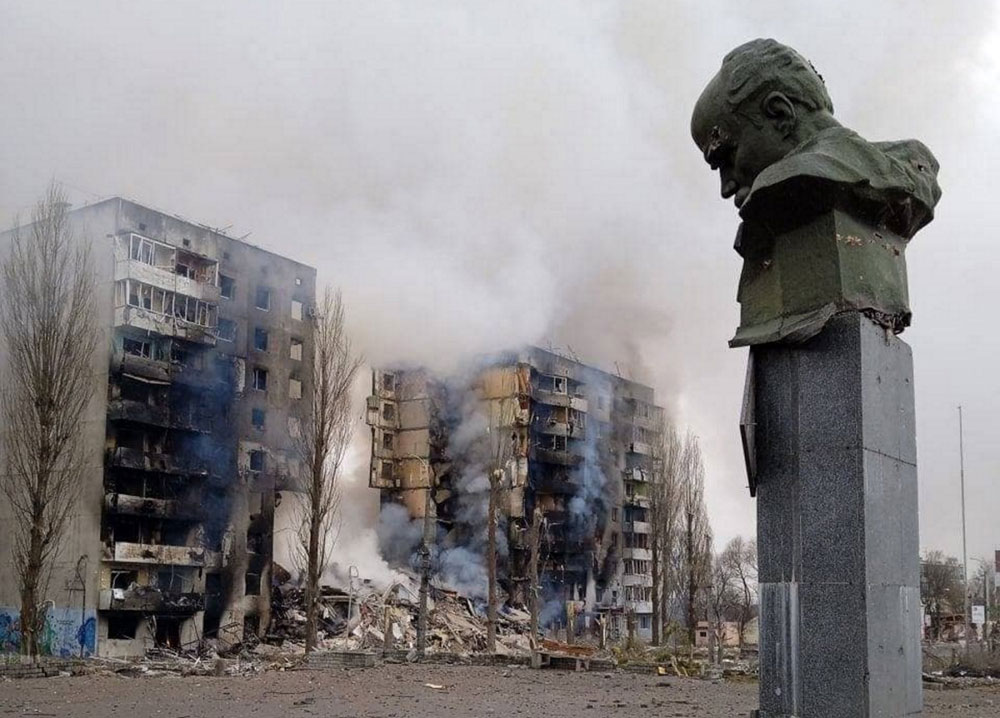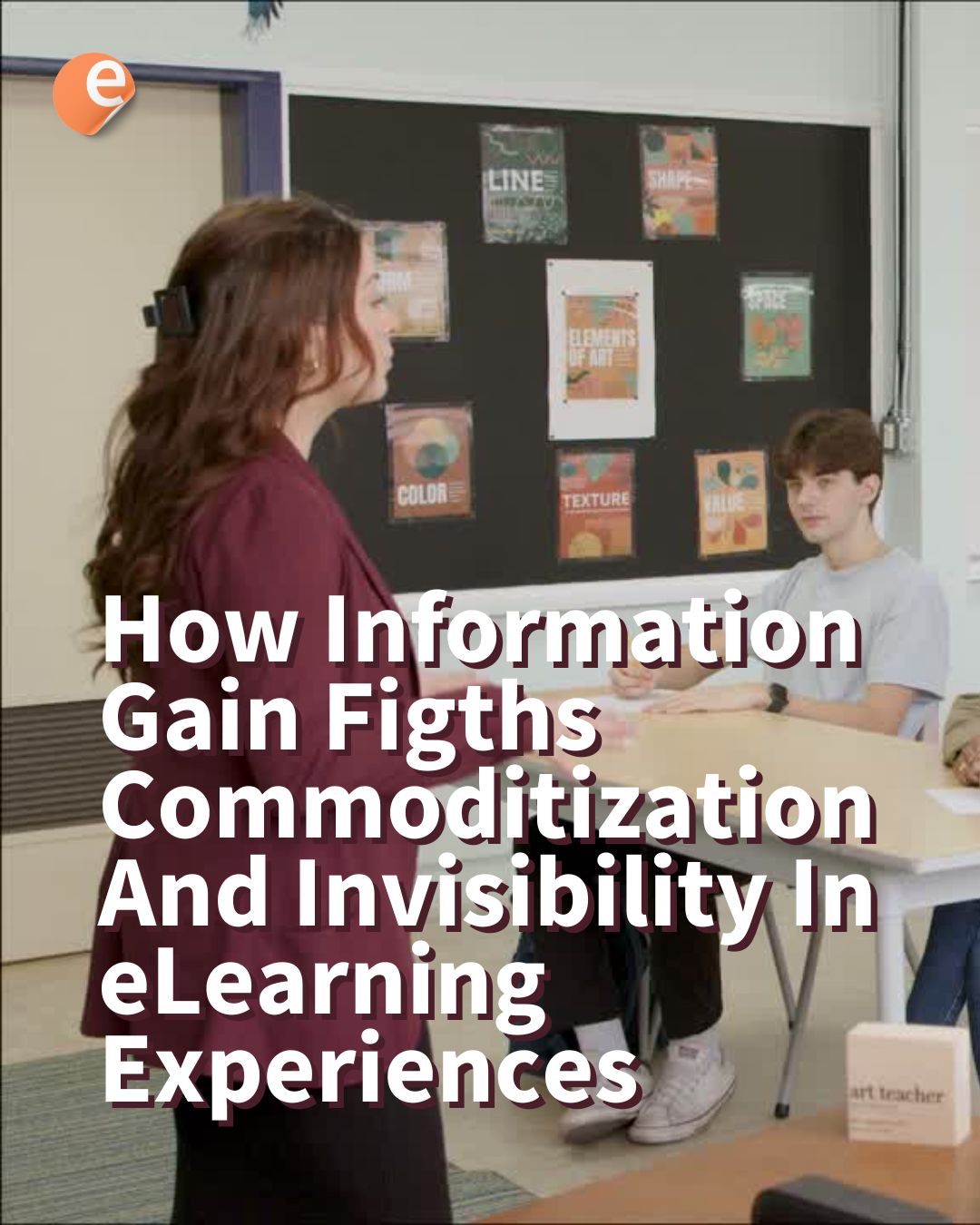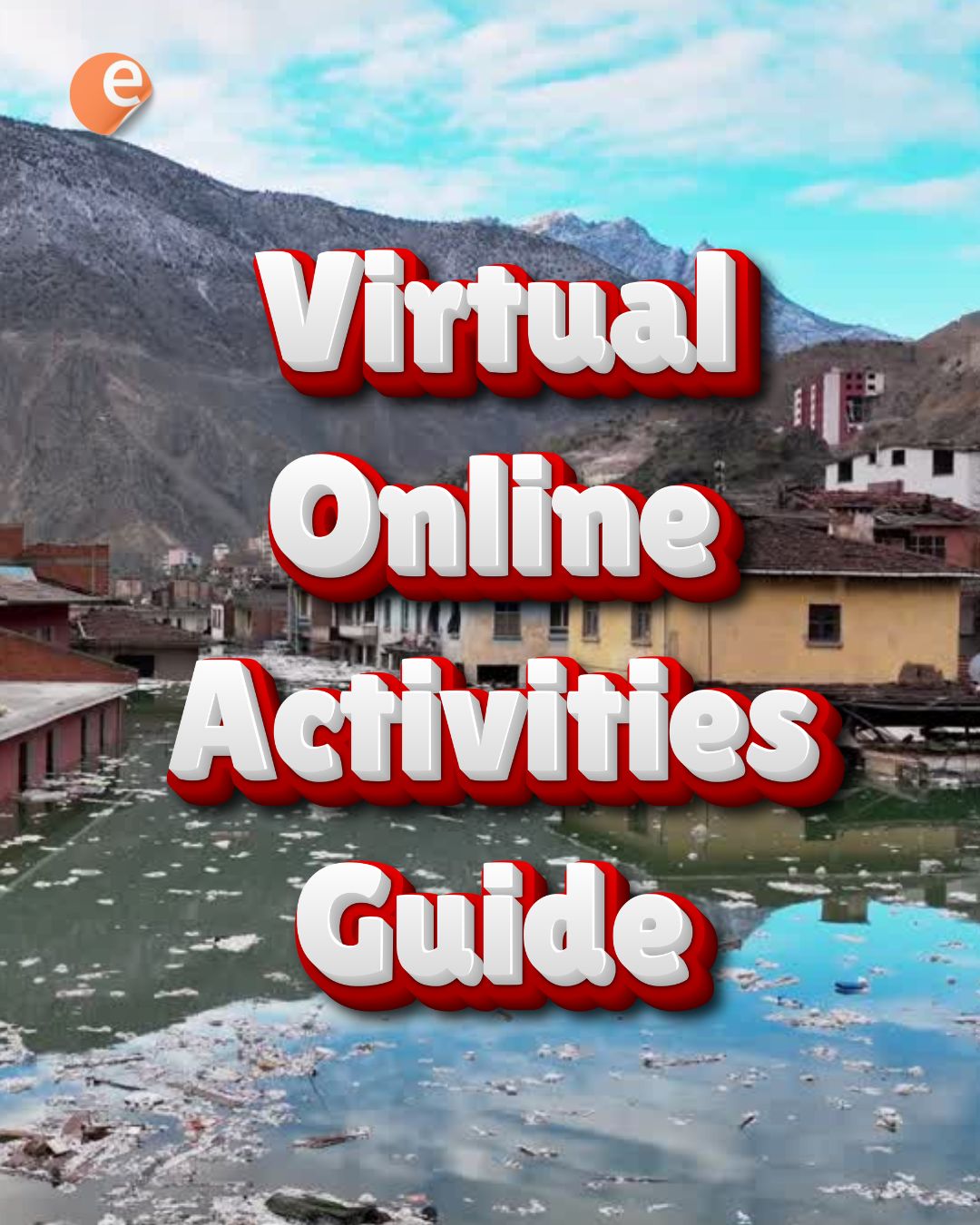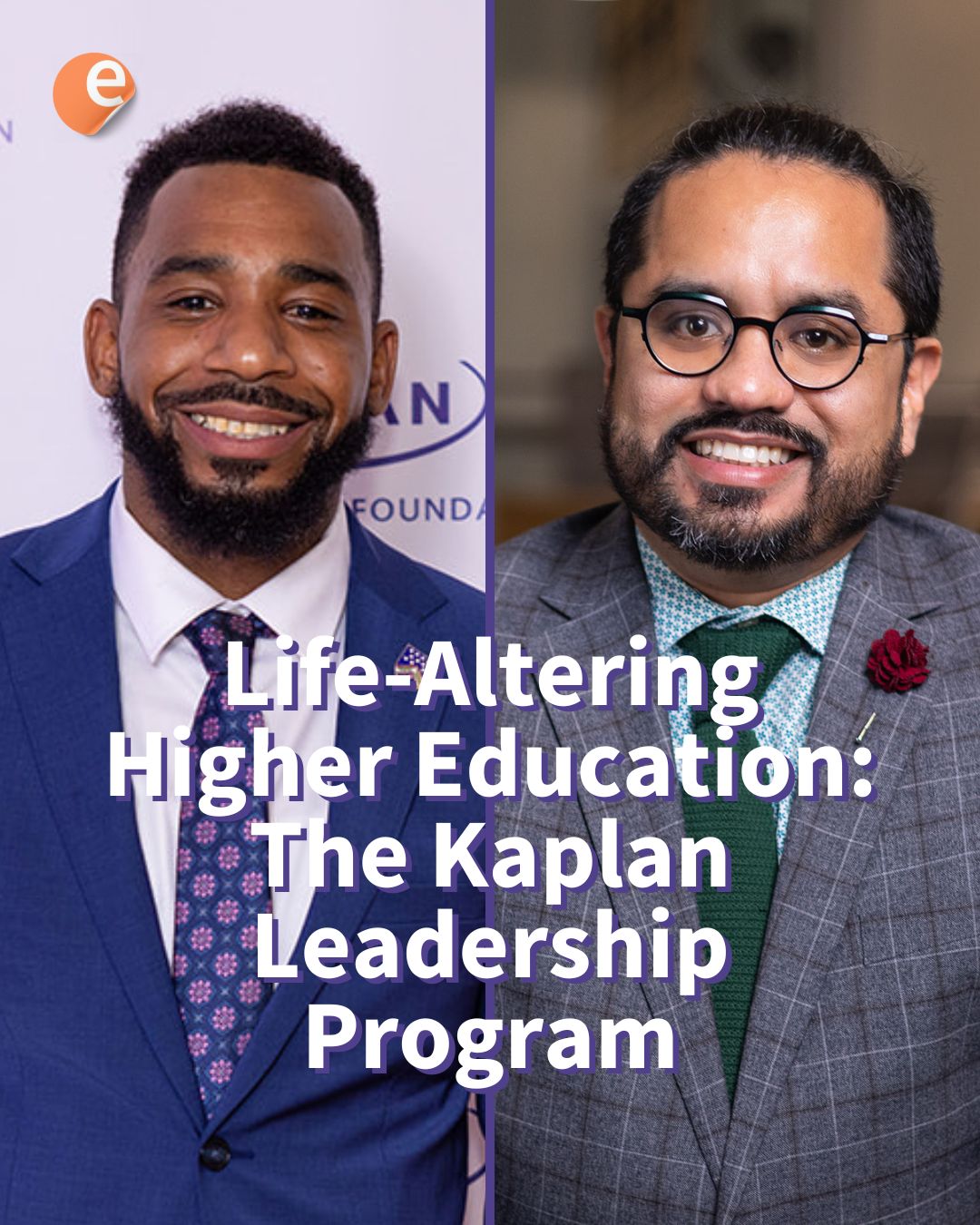Since February 24, the world has watched the war Russia wages against Ukraine, mostly with impotence. Among the millions affected there are certainly educators and students, learners and learning professionals who were already dealing with a system in disarray. Then the shelling started to rain down.
On March 11, Minister of Education and Science, Serhii Shkarlet announced that, in light of the nation’s Martial Law and students physical, mental and military —as an uncertain number of males over 18 years old are reservists— situations, entrance examinations were to be cancelled for all educational institutions. This abolishes state certification for students grades 11, cancellation of external examinations, admission to Master’s degrees on the basis of entrance examination results and the introduction of a unified professional entrance examination. Shkarlet also explained that this year an external evaluation mechanism will be in place for university admission. Further decisions will be made in the future.
Shelters, logistics, international alliance-making: What universities have been doing
Ukraine’s top alma mater is the National Technical University of Ukraine Kyiv Polytechnic Institute (NTUU KPI) according to the uniRank methodology. While not a strong contender in the European landscape, NTUU KPI is internationally accredited, offers at least four years of postgraduate studies and has a traditional face-to-face educational program. A short announcement on its homepage advised all personnel to remain at home until further notice, without their duties being dismissed.
More outspoken, the National Technical University of Ukraine “Igor Sikorsky Kyiv Polytechnic Institute” announced that they and Lviv Polytechnic National University have taken advantage of the time to strengthen collaboration networks with European universities. Namely, they joined ENHANCE, a partnership built upon “European values,” which “will build bridges even beyond the current difficult situation and create opportunities in research and teaching in the years to come.” The inclusion of the Ukrainian members was in the making, with the war acting as an accelerator.
The agenda for academic, scientific and technical events remains steadfastly packed well into winter.
For once, air raid alerts were no rehearsal. War was finishing its first week when the Ministry of Education and Science of Ukraine issued a series of letters, following meeting with university officials. Every institution capable of continuing the academic year would be compelled to do so. Accommodations for students, particularly those required to take up arms, will be provided, including allowing written examinations in exchange of oral thesis defenses, except in cases where the subject matter is deemed unfeasible for the change. Several universities are currently advancing their programs virtually in ways similar to the onset of the COVID-19 global pandemic. But the picture can vary drastically from city to city. While buildings and campuses in some cities serve as humanitarian hubs and shelter, others are too dangerous to be anywhere near, provided they are still standing. Such is the case of the “University and culture hub,” appellative which otherwise describes the city of Kharkiv.
On “the peculiarities of lecturing under martial law”
The Telegram app and online surveys —think Google Forms— have become the lifeline of the academic network. It allows all universities to learn the status and form of continuing education, if any, of all the other members. It is also a way to determine owed wages, schedules and activities accreditable as academic work. Academics are not physically bound to any location to perform their duties. Surveys help to keep track of their work and ability to continue doing so.
A March 21 survey reported that 95% of lecturers are actively working, remotely or on location. 90% maintain a degree of connection to their departments, the same share that claims to have proper internet connection. 76% of 4th year students are adamant to finalize their program this year.
Applications for scientific and pedagogy roles have been halted until August.
Still, all universities have the autonomy —and the courage, should they need it— to make changes to the year or halt it at once and indefinitely. No such case is known yet. Universities have expanded synchronous and asynchronous offerings, and a wealth of complementary online courses are expected to become available during the summer. Students will also be allowed to take courses from other universities, likely including European offerings. Rescheduling of unavailable subjects and other accommodations are current priorities for the system, which sees leaves of absence as last resort.
Adaptation strategies during wartime
On March 10, the NTUU KPI uploaded a photo in which cadets of the KPI Institute of Special Communications and Information Protection are graduating early, including their military degrees and position designation. A post the following day shows students and faculty armed ready to fight for their country. The caption tells how the university hosts almost a dozen shelters on campus, for students, faculty and their families. Students and entities are organized to support doctors and feed people. They even have a water pump and electricity in case these services are not available. Universities have witnessed the deaths of their fellow students, usually while defending the city in the ranks of the Armed Forces.
Students ready to graduate and missing only their defense have been doing so remotely. Those who require time, or have been called to serve for the Armed Forces or Ukraine, will be given to them unconditionally.
Bureaucracy has fulfilled its end of the bargain as well. EDEBO, the country’s Unified State Electronic Database on Education, part of Ukraine’s “groundbreaking” efforts to digitize all citizen services. From securing academic information of millions of Ukrainians, keeping data on active students —including the handful thousand foreign students— and their whereabouts, a small team working under Shkarlet can guarantee that the public can verify the academic credentials of a student issued by an accredited Ukrainian institution, or that students have no trouble applying for further studies, scholarship or job opportunities, particularly in the European countries that accept EDEBO.
COVID-like effect: Leaving academia in a better place than before?
Ivan Franko National University of Lviv, on March 14, announced that the educational process in the distance learning mode will continue until further notice. Standard academic leave will be given to students who are in the Armed Forces of Ukraine, while special training conditions will be provided by the University to students who are in territorial defense units or are joining as volunteers. Its official website released a statement expressing its rejection of the actions of Russia and its president, while calling on foreign partners and the international community to respond severely to what is happening. In line with the president’s mandate, to cut academic ties with Russian educational institutions. In the end, it expresses the hope and solidarity of its partners and colleagues.
On March 17 on Instagram and on its official website, the Ivan Franko National University of Lviv communicated that they will provide educational services to students in the Free Economic Zone who are in the combat zone. Students must simply put an application to the mailbox —Ukraine’s mail service, Ukrposhta, has shown a strategic resilience during the war—, to get in and receive a username and password to access systems and services.
Ukraine has leveraged social media in its warring arsenal, and the nation’s academia has been no exception. Universities, authorities and students actively show and describe the developments.
All educational institutions in Ukraine are up in arms, making their facilities available as shelters for people who have been affected by these confrontations. Expressing in their information networks the hope that Ukraine will win the war and that they will be able to start again.








